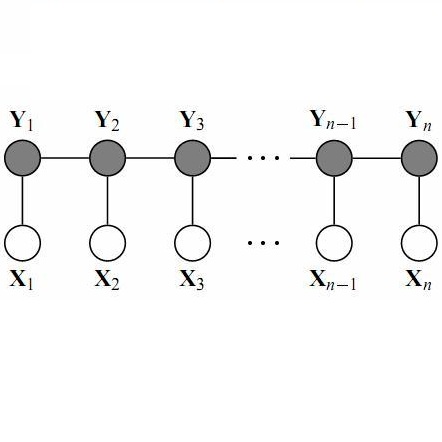Breast cancer diagnosis often requires accurate detection of metastasis in lymph nodes through Whole-slide Images (WSIs). Recent advances in deep convolutional neural networks (CNNs) have shown significant successes in medical image analysis and particularly in computational histopathology. Because of the outrageous large size of WSIs, most of the methods divide one slide into lots of small image patches and perform classification on each patch independently. However, neighboring patches often share spatial correlations, and ignoring these spatial correlations may result in inconsistent predictions. In this paper, we propose a neural conditional random field (NCRF) deep learning framework to detect cancer metastasis in WSIs. NCRF considers the spatial correlations between neighboring patches through a fully connected CRF which is directly incorporated on top of a CNN feature extractor. The whole deep network can be trained end-to-end with standard back-propagation algorithm with minor computational overhead from the CRF component. The CNN feature extractor can also benefit from considering spatial correlations via the CRF component. Compared to the baseline method without considering spatial correlations, we show that the proposed NCRF framework obtains probability maps of patch predictions with better visual quality. We also demonstrate that our method outperforms the baseline in cancer metastasis detection on the Camelyon16 dataset and achieves an average FROC score of 0.8096 on the test set. NCRF is open sourced at https://github.com/baidu-research/NCRF.
翻译:乳腺癌诊断往往要求通过全滑动图像对淋巴节中的淋巴结进行准确检测。 深相神经神经网络(CNNS)最近的进展显示在医学图像分析方面,特别是在计算心病理方面,取得了巨大成功。 由于WSI的庞大规模,大多数方法将一个幻灯片分成许多小图像补丁,并独立地对每个补丁进行分类。然而,邻接补丁往往共享空间相关性,忽视这些空间相关关系可能导致预测不一致。在本文件中,我们提议建立一个神经有条件的随机领域(NCRF)深层学习框架,以检测WSI的癌症转移情况。NCRF认为,通过完全连接的通用报告格式,在CNNC特征提取器的顶部直接安装一个幻灯片,使整个深网络得到端到端培训,同时从通用报告格式部分中进行少量的计算管理。CNNC特征提取器也可以从通过通用报告格式组成部分中考虑空间相关性关联。比较基准方法与基线方法,在不考虑空间关系中检测癌症转移情况。 NCRFS通过完全的测算结果,我们提出的NCRF的测算方法也表明了我们的国家基准评估结果。



